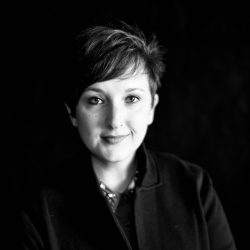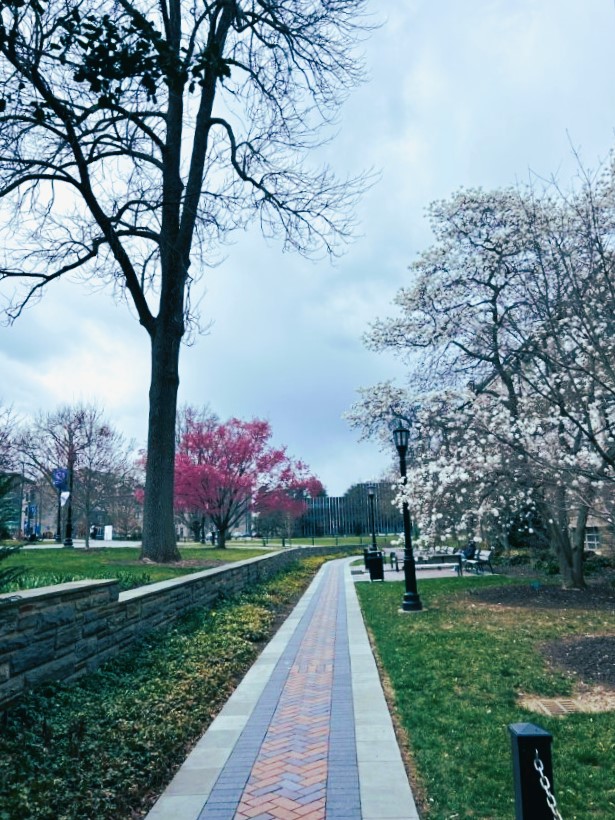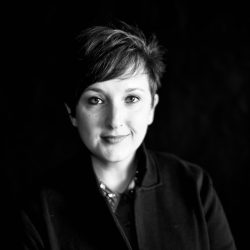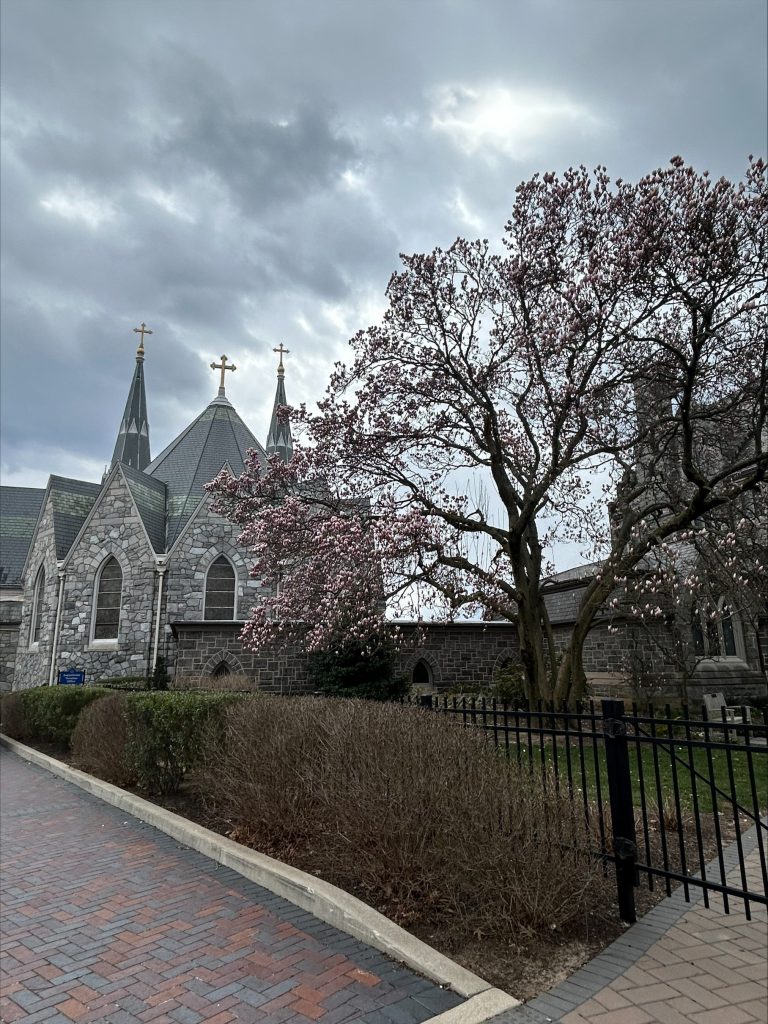Announcing the 2024 Falvey Scholar Award Winners
Announcing the 2024 Falvey Scholar Award Winners:
Kathleen Jordan
Project Title: “The State and the Mine: How the ASGM sector conditions state power and non-state capacity in the Sahel”
Faculty Mentor(s): Lance Kenney, College of Liberal Arts and Sciences; Maira Reimao, PhD, College of Liberal Arts and Sciences; and Laura Meinzen-Dick, College of Liberal Arts and Sciences
Sydney Walsh
Project Title: “Vulnerability to Inland Flooding from Landfalling Hurricanes in the United States from 2016-2023”
Faculty Mentor(s): Stephen Strader, PhD, College of Liberal Arts and Sciences and Jennifer Santoro, PhD, College of Liberal Arts and Sciences
Anne Eby
Project Title: “Brain-Behavior Relationships: Assessing the Impact of Repeated Amphetamine Exposure on Stress Susceptibility and Gene Expression in the Hippocampus and Central Nucleus of the Amygdala”
Faculty Mentor: Benjamin Sachs, PhD, College of Liberal Arts and Sciences
Catherine Messier
Project Title: “The Women Behind the Words: Collaborative Authorship in 20th Century Literature”
Faculty Mentor: Megan Quigley, PhD, College of Liberal Arts and Sciences
Matthew McMullen
Project Title: “Data Center Environmental Burden Reduction Through On-Site Renewable Power Generation”
Faculty Mentor: Aaron Wemhoff, PhD, College of Engineering
PJ Scarperi
Project Title: “Caring beyond Cure: Perspectives of Pediatric Oncology Nurses on Palliative and End-of-Life Care”
Faculty Mentor: Meredith MacKenzie Greenle, PhD, M. Louise Fitzpatrick College of Nursing
The Villanova community is cordially invited to join us on Friday, April 26, at 10 a.m. in Falvey Library’s Speakers’ Corner for the 2024 Falvey Scholars Research Presentation and Awards Ceremony.
This program will provide the opportunity to recognize outstanding undergraduate research by the senior students who were selected as the 2024 Falvey Scholars from across Villanova’s campus. The event also serves as a recognition of the dedication of faculty in supporting undergraduate student-faculty collaborative research and scholarship. During the event, award recipients will provide a brief 10-minute presentation to highlight their overall research process and showcase a summary of their winning project.
Program Schedule
10:00-10:10 a.m. Continental Breakfast
10:10 a.m. Program Opening/Welcome: Millicent Gaskell, University Librarian
10:15 a.m. Presentation #1: Anne Eby
10:30 a.m. Presentation #2: Sydney Walsh
10:45 a.m. Presentation #3: PJ Scarperi
11:00 a.m. Presentation #4: Kathleen Jordan
11:15 a.m. Presentation #5: Matthew McMullen
11:30 a.m. Presentation #6: Catherine Messier
11:45 p.m. Closing Remarks: Millicent Gaskell
This event, co-sponsored by Falvey Library and the Center for Research and Fellowships, is free and open to the public. Join us to recognize some of Villanova’s finest senior scholars!
Livestream link: https://vums-web.villanova.edu/Mediasite/Play/46f867442c5945109c3bff77be30d2191d





 Kallie Stahl ’17 MA is Communication and Marketing Specialist at Falvey Library.
Kallie Stahl ’17 MA is Communication and Marketing Specialist at Falvey Library.
 AJ Balinski ’26 CLAS is a Communication major from Gibraltar, Michigan. She works as a Communication & Marketing Assistant at Falvey Library.
AJ Balinski ’26 CLAS is a Communication major from Gibraltar, Michigan. She works as a Communication & Marketing Assistant at Falvey Library. Margot Accettura, MLS, is the STEM Librarian at Falvey Library.
Margot Accettura, MLS, is the STEM Librarian at Falvey Library.



 Kallie Stahl ’17 MA is Communication and Marketing Specialist at Falvey Library.
Kallie Stahl ’17 MA is Communication and Marketing Specialist at Falvey Library.